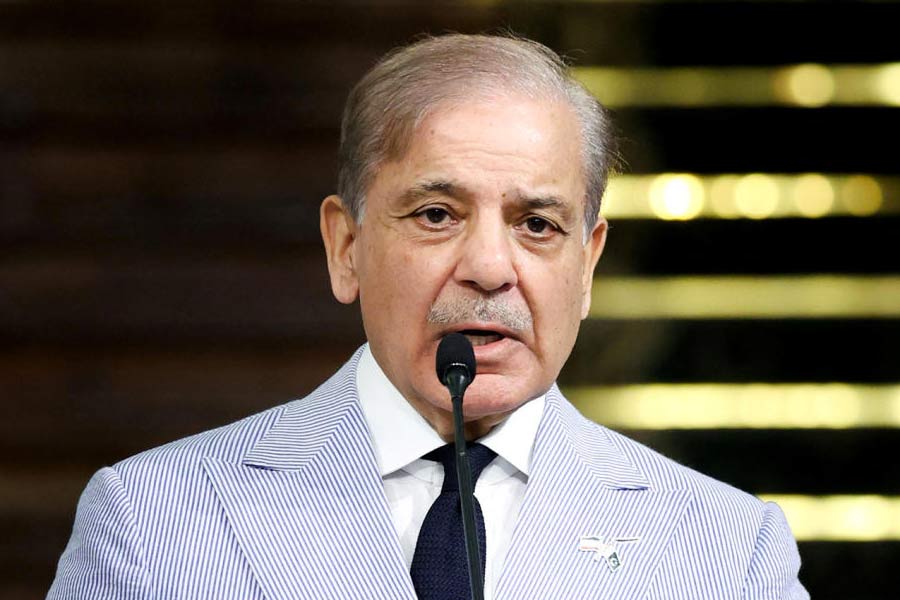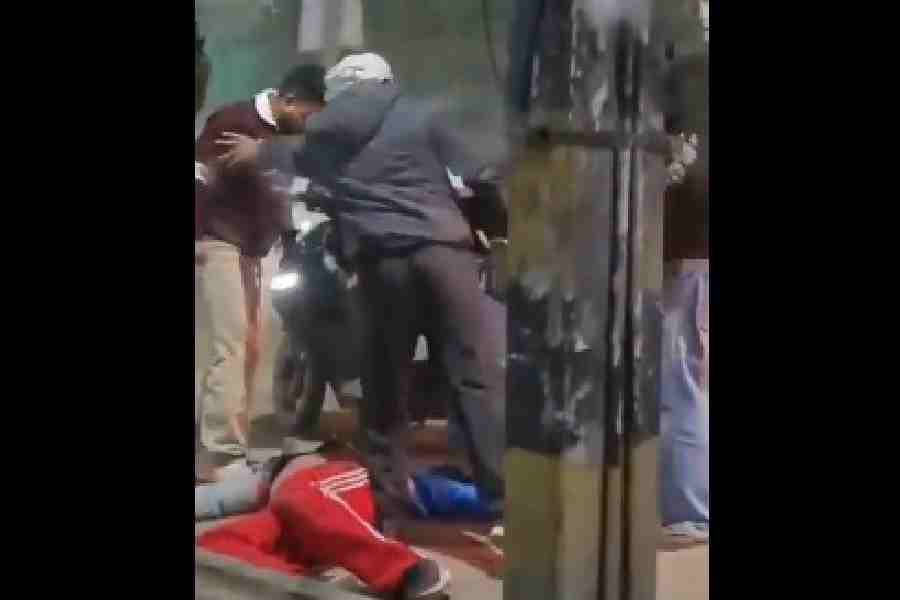A Jammu and Kashmir police crackdown on bookstores is said to have led to the seizure of hundreds of books linked to the banned Jamaat-e-Islami, drawing condemnation from pro-India organisations as well as separatist groups.
Officials said a search was conducted on Friday following credible intelligence regarding “the clandestine sale and distribution of literature promoting the ideology of a banned organisation” in Srinagar. The raids led to the seizure of 668 books.
“Legal action has been initiated under Section 126 of the BNSS (Bharatiya Nagarik Suraksha Sanhita),” the Srinagar district police said in a post on X. The police, however, did not name the banned group.
Section 126 of the BNSS entitles an executive magistrate to issue a showcause notice to a person asking why “he should not be ordered to execute a bond or bail bond for keeping the peace for such period, not exceeding one year, as the magistrate thinks fit”.
Sources said most of the seized books, brought out by a Delhi-based publisher, were authored by Jamaat founder Abul Ala Maududi and his associate Amin Ahsan Islahi.
The Centre banned the Jamaat as part of a crackdown on separatists in the run-up to the scrapping of Article 370 on August 5, 2019.
The five-year ban was imposed a fortnight after the February 14, 2019, Pulwama terror attack in which 40 CRPF personnel were killed.
Several leaders of the Jamaat were arrested but released ahead of the Assembly elections last year as part of a purported deal to encourage them to participate in the polls.
The group joined hands with jailed Baramulla MP Sheikh Abdul Rashid’s Awami Ittehad Party (AIP) for a “strategic alliance”. Both parties faced accusations that they were the Centre’s new proxies that had been allowed to contest the polls to ensure the defeat of the National Conference. They lost badly with the NC getting the majority.
The separatist Jamaat had played a key role in the formation of the Hizbul Mujahideen in 1990. In 2021, however, three former heads of the Jamaat — Sheikh Ghulam Hassan, Ghulam Mohammad Bhat and Mohammad Abdullah Wani — distanced the party from militancy and “agitational politics”, stopping short of disapproving of the methods that have defined the separatist and militant struggle over the last three decades and a half.
Among others who condemned the raids on the bookstores was the NC’s Srinagar MP, Aga Ruhullah Mehdi, saying it amounted to “meddling in the religious affairs” of the people of Jammu and Kashmir. “Will the state now dictate what Kashmiris read, learn and believe? This is an unacceptable overreach. If such an order exists, it must be revoked immediately,” Mehdi posted on X.
Opposition PDP leader Iltija Mufti called it an attack on people’s freedom to read. “The elephant in the room vis-a-vis these book raids is that all of the 600 books seized have been authored by Abul Ala Maududi, a renowned Islamic scholar and more importantly the founder of the Jamaat-e-Islami — a religious organisation that has done commendable social work in Kashmir and also participated in the recently held state elections,” she said.
A group of Jamaat leaders, some of who contested the recent polls, condemned the raids, asking how it was in sync with the government’s decision to allow them to contest the elections.
A leader told reporters on Tuesday that the raids were a provocation. “These books are published by registered publishers outside (Kashmir). The raids are illegal and unconstitutional…. These books are not banned anywhere (in India),” he said.










